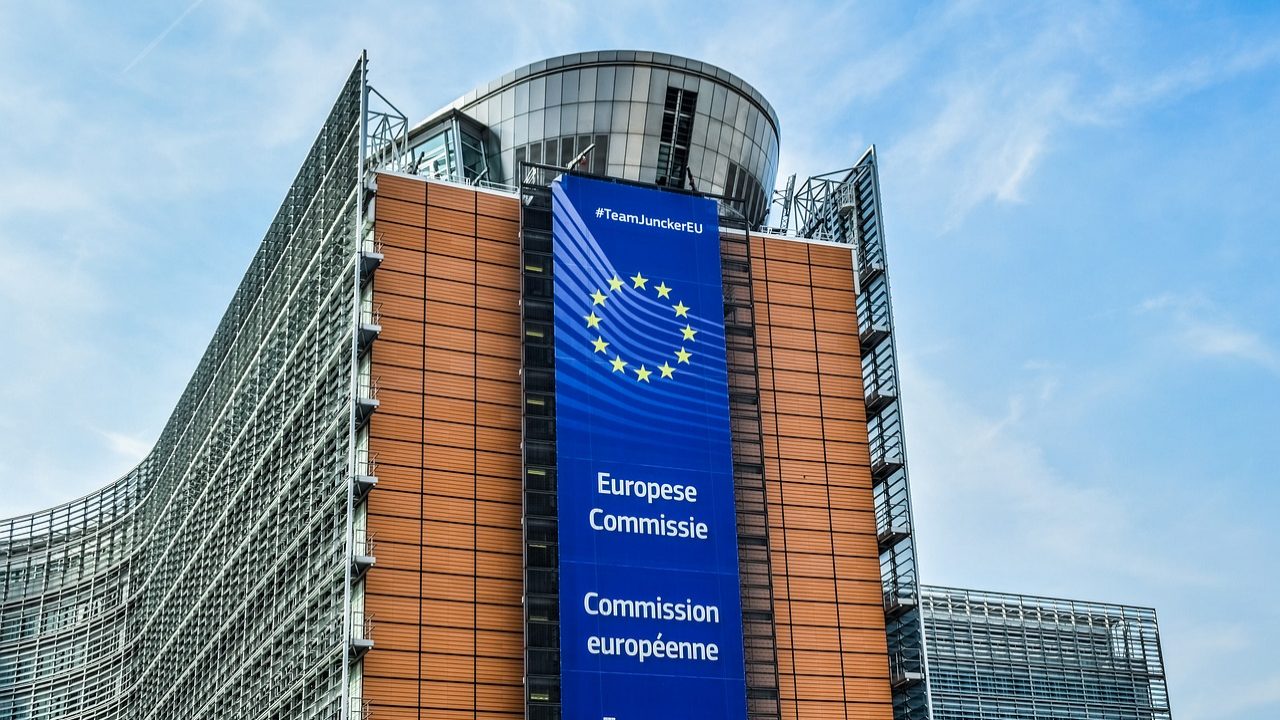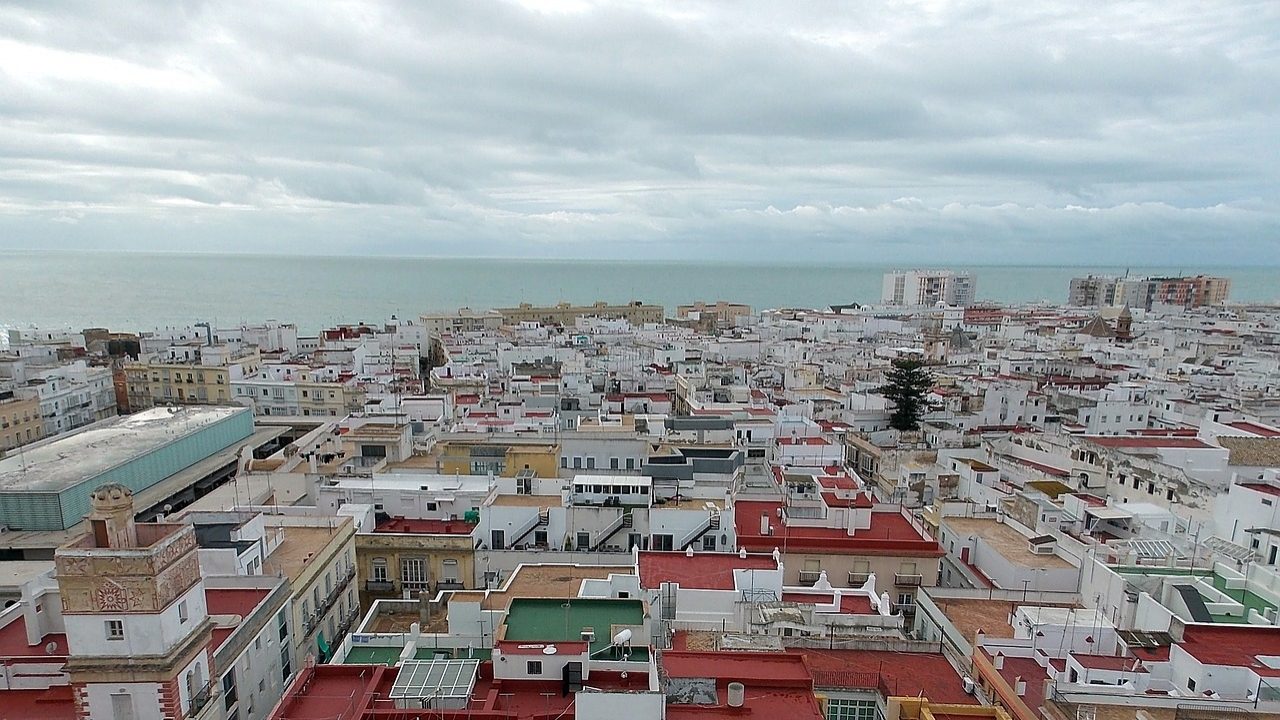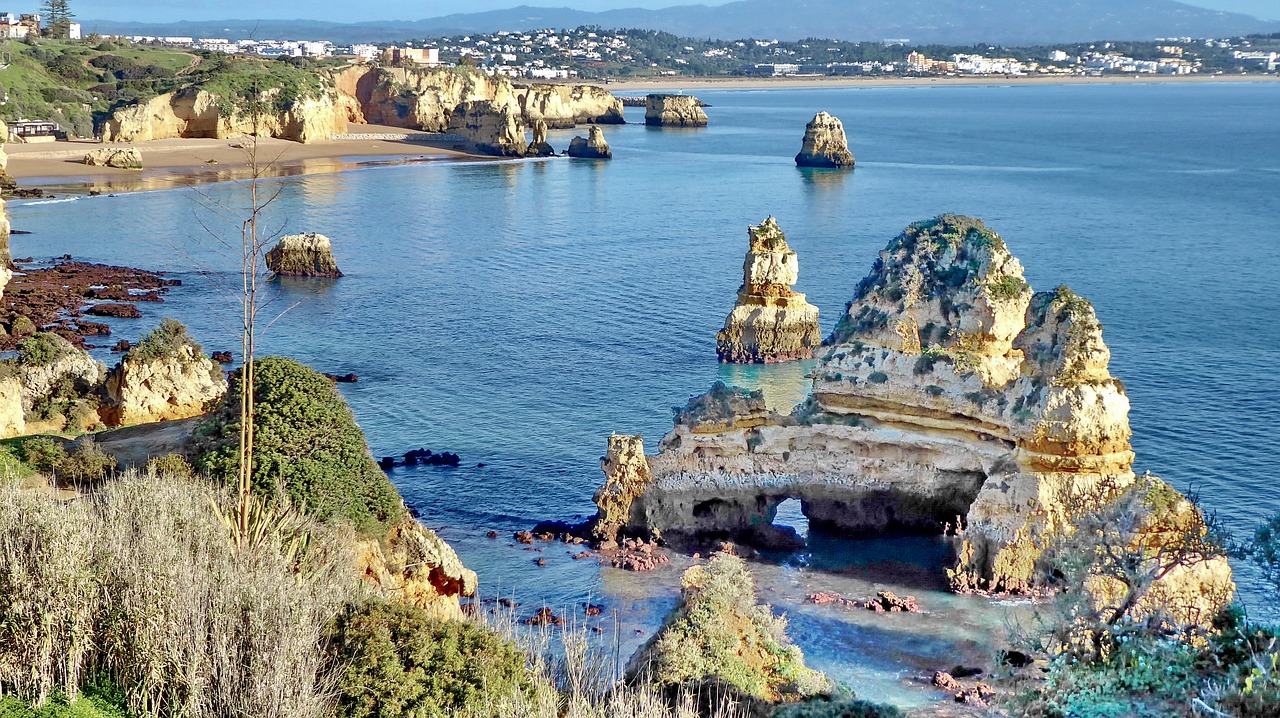Portugal among worst hit by EU-wide 50% slump in tourism activity
According to forecasts from Brussels, tourism activity in Europe is expected to fall by 50% this year due to the coronavirus pandemic.
The European Commission on Wednesday said that Portugal is set to be among the countries worst affected by a slump of around 50% in tourism activity in Europe this year, due to its “dependence on foreign tourism.”
For the European Union sector as a whole, the EU executive said that it foresaw “lasting consequences.”
In its spring economic forecasts, published on Wednesday, the commission said that early projections point to a potential impact on the EU economy from the pandemic that, although representing a “symmetrical shock” at EU level, will have differing impacts on different member states, “reflecting the seriousness of the pandemic, the rigour of lockdown measures and the different exposures, for example, to the size of the tourism sector.”
And while “these measures are expected to be gradually lifted and global demand to recover, […] trade in services, particularly tourism, is expected to recover more slowly,” the document states.
In making its forecasts, the commission used three scenarios, based on whether lockdown measures adopted by member states last six weeks, 10 weeks or 12 weeks.
In all three cases, however, tourism activity is seen falling by 50% overall this year, including transport, hospitality, entertainment and culture, with the lockdown having “lasting effects” on these segments.
This forecast also takes into account what the commission said are “less confidence and loss of income” for citizens, serving as “a deterrent to non-essential travel.”
Specifically on Portugal, the European Commission anticipates “a strong recovery of the economy after the initial shock”, but warns that “in some sectors, particularly tourism, the secondary effects are expected to be prolonged,” not least because of Portugal’s “dependence on foreign tourism.”
Using data from the Organisation for Economic Cooperation and Development for 2018, the commission highlights in its forecasts that Portugal is among the countries most dependent on tourism, with this sector representing around 8.0% of GDP and 9.8% of employment. Only Spain is more dependent on tourism, which represents 11.8% of GDP and 13.5% of employment.
This will have consequences for unemployment in Portugal, with the commission indicating that the “slow recovery expected in tourism and related services should have a negative impact on demand for labour over a longer period.”
Asked about the economic effects of the crisis on tourism, the commissioner for the economy, Paolo Gentiloni, said at a news conference on Wednesday that “we need to work to ensure that tourism survives the summer”, even if “under different conditions” from last summer.
“We have to try to create guidelines and possible rules to coordinate the situation because we have different types of tourism and countries like Portugal and others that are more exposed to foreign tourism,” said Gentiloni, speaking to journalists after presenting the forecasts.
The European Commission’s new forecast for Portugal’s economy foresees gross domestic product shrinking by 6.8% this year and an average unemployment rate of 9.7%.


